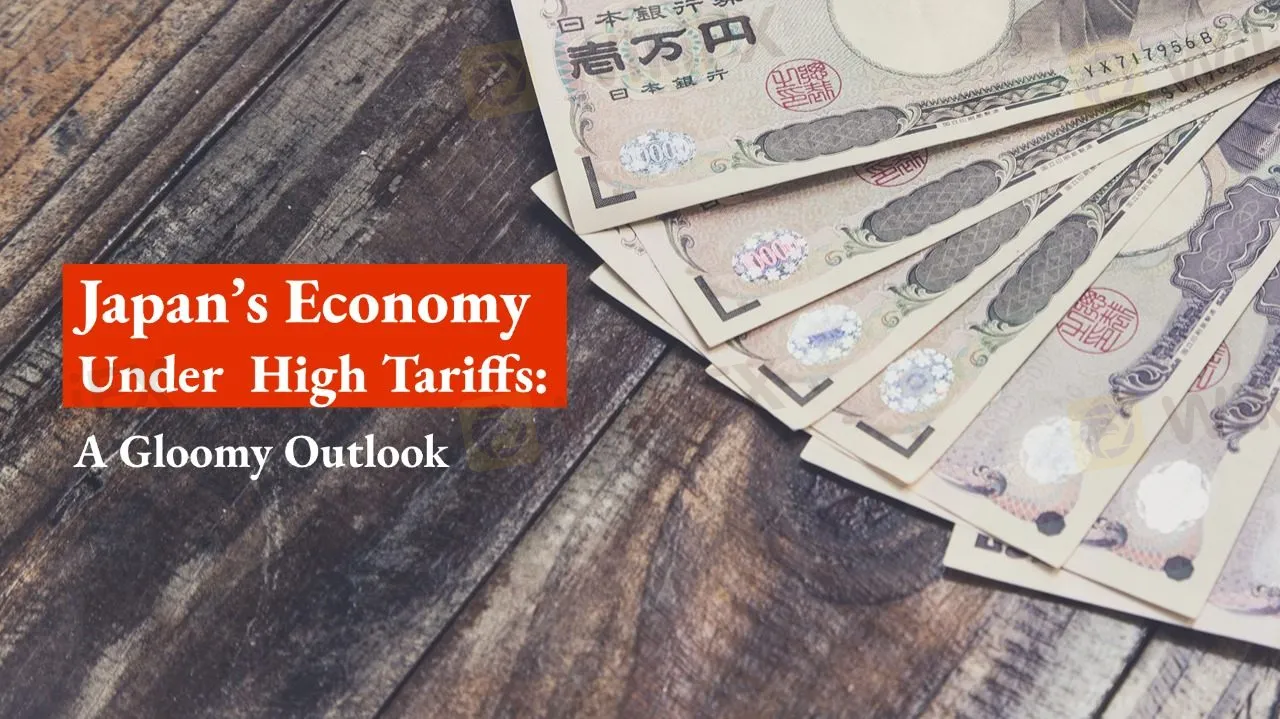Abstract:Export restrictions, currency fluctuations, and upcoming tariff talks cloud Japan's economic outlook.

Japan's economy is currently navigating a period of heightened uncertainty, primarily driven by export challenges. As the automotive industry, which is crucial for Japan‘s exports to the U.S., faces tariffs as high as 25%, the country’s export-driven economy is under severe strain.
In addition to tariff pressures, fluctuations in the Japanese yen are raising concerns over the central banks next moves. Ahead of the upcoming trade talks between Japan and the U.S., Japan has made its stance clear, signaling its intent to hold firm and secure a better position in negotiations.
The economic challenges Japan faces go beyond tariffs. As semiconductor and AI hardware emerge as key points of contention in international trade, these sectors may also be affected by tariffs. Furthermore, the yens ongoing volatility complicates Japan's monetary policy.
If the Bank of Japan raises interest rates too quickly, it could harm corporate investment and consumer spending. Conversely, maintaining accommodative policies may lead to further depreciation of the yen and increased import costs. Policymakers are navigating a complex situation, where any misstep could have significant consequences for Japans recovery.
Uncertain Negotiations, A Need to Rebuild Policy Trust
Looking ahead, Japan faces challenges not only at the negotiation table but also in rebuilding domestic confidence in its economic policies.
The past perception of a “special relationship” with the U.S. under former Prime Minister Abe did not result in tangible protection, leaving the current leadership under greater scrutiny. The challenges Japan faces are no longer limited to trade numbers; they involve macroeconomic policy coordination and long-term strategic adjustments.
Balancing export competitiveness with domestic demand, while stabilizing the yen and controlling inflation, will be key issues for Japans economy moving forward.











